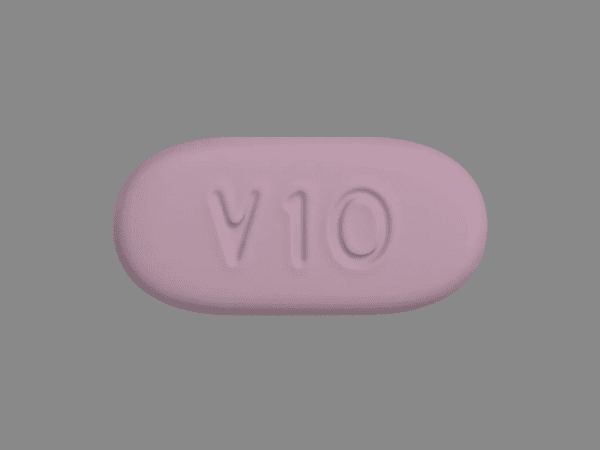Deutivacaftor/tezacaftor/vanzacaftor Disease Interactions
There are 2 disease interactions with deutivacaftor / tezacaftor / vanzacaftor.
Elexacaftor (applies to deutivacaftor/tezacaftor/vanzacaftor) hepatic impairment
Major Potential Hazard, Moderate plausibility. Applicable conditions: Liver Disease
Elexacaftor (available only in combination with ivacaftor and tezacaftor) should not be used in patients with severe hepatic impairment and its use in patients with moderate hepatic impairment should be limited to those patients for which there is a clear medical need and the benefit exceeds the risks. If elexacaftor is used in patients with moderate hepatic impairment, the dose should be reduced and liver function tests should be closely monitored.
Elexacaftor (applies to deutivacaftor/tezacaftor/vanzacaftor) renal impairment
Moderate Potential Hazard, Moderate plausibility. Applicable conditions: Renal Dysfunction
Elexacaftor (available only in combination with ivacaftor and tezacaftor), has not been studied in patients with severe renal impairment or end-stage renal disease. No dosage adjustment is recommended in patients with mild (eGFR 60 to <90 mL/min/1.73 m2) or moderate (eGFR 30 to <60 mL/min/1.73 m2) renal impairment. Use with caution in patients with severe (eGFR <30 mL/min/1.73 m2) renal impairment or end-stage renal disease.
Switch to professional interaction data
Deutivacaftor/tezacaftor/vanzacaftor drug interactions
There are 245 drug interactions with deutivacaftor / tezacaftor / vanzacaftor.
Deutivacaftor/tezacaftor/vanzacaftor alcohol/food interactions
There are 3 alcohol/food interactions with deutivacaftor / tezacaftor / vanzacaftor.
More about deutivacaftor / tezacaftor / vanzacaftor
- deutivacaftor/tezacaftor/vanzacaftor consumer information
- Check interactions
- Compare alternatives
- Side effects
- Dosage information
- During pregnancy
- Drug class: CFTR combinations
- En español
Related treatment guides
Drug Interaction Classification
| Highly clinically significant. Avoid combinations; the risk of the interaction outweighs the benefit. | |
| Moderately clinically significant. Usually avoid combinations; use it only under special circumstances. | |
| Minimally clinically significant. Minimize risk; assess risk and consider an alternative drug, take steps to circumvent the interaction risk and/or institute a monitoring plan. | |
| No interaction information available. |
See also:
Further information
Always consult your healthcare provider to ensure the information displayed on this page applies to your personal circumstances.


